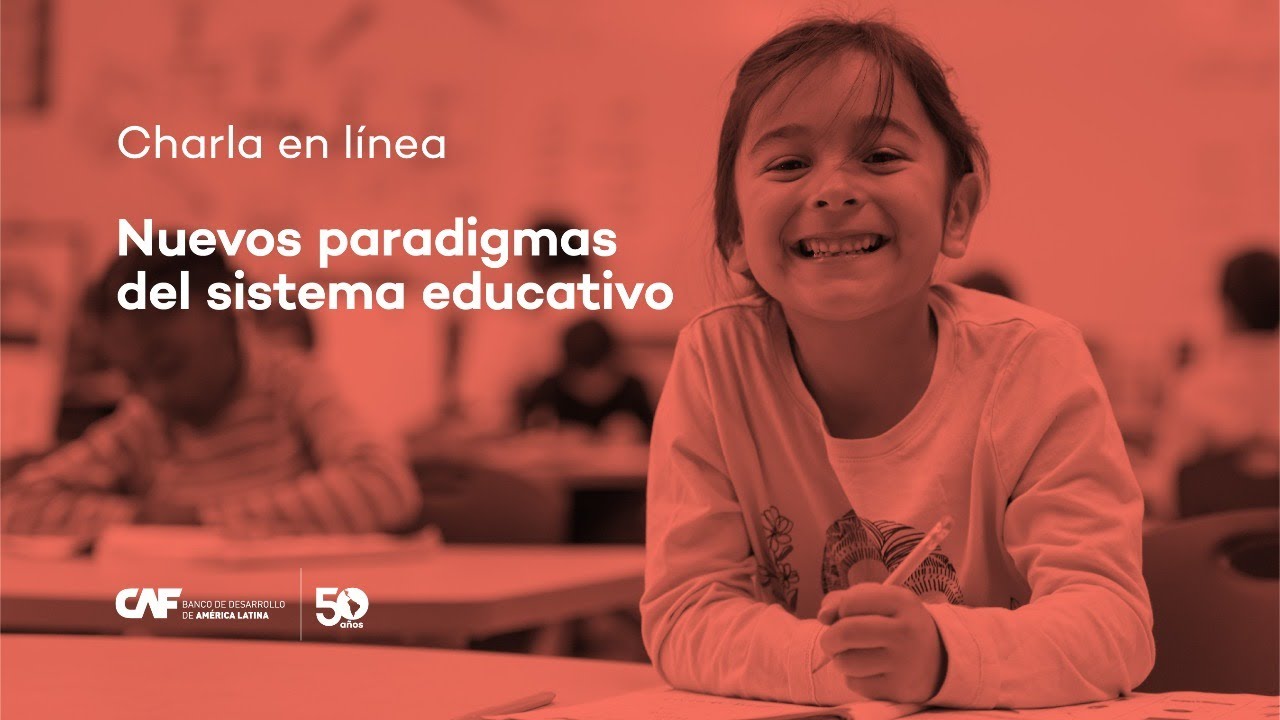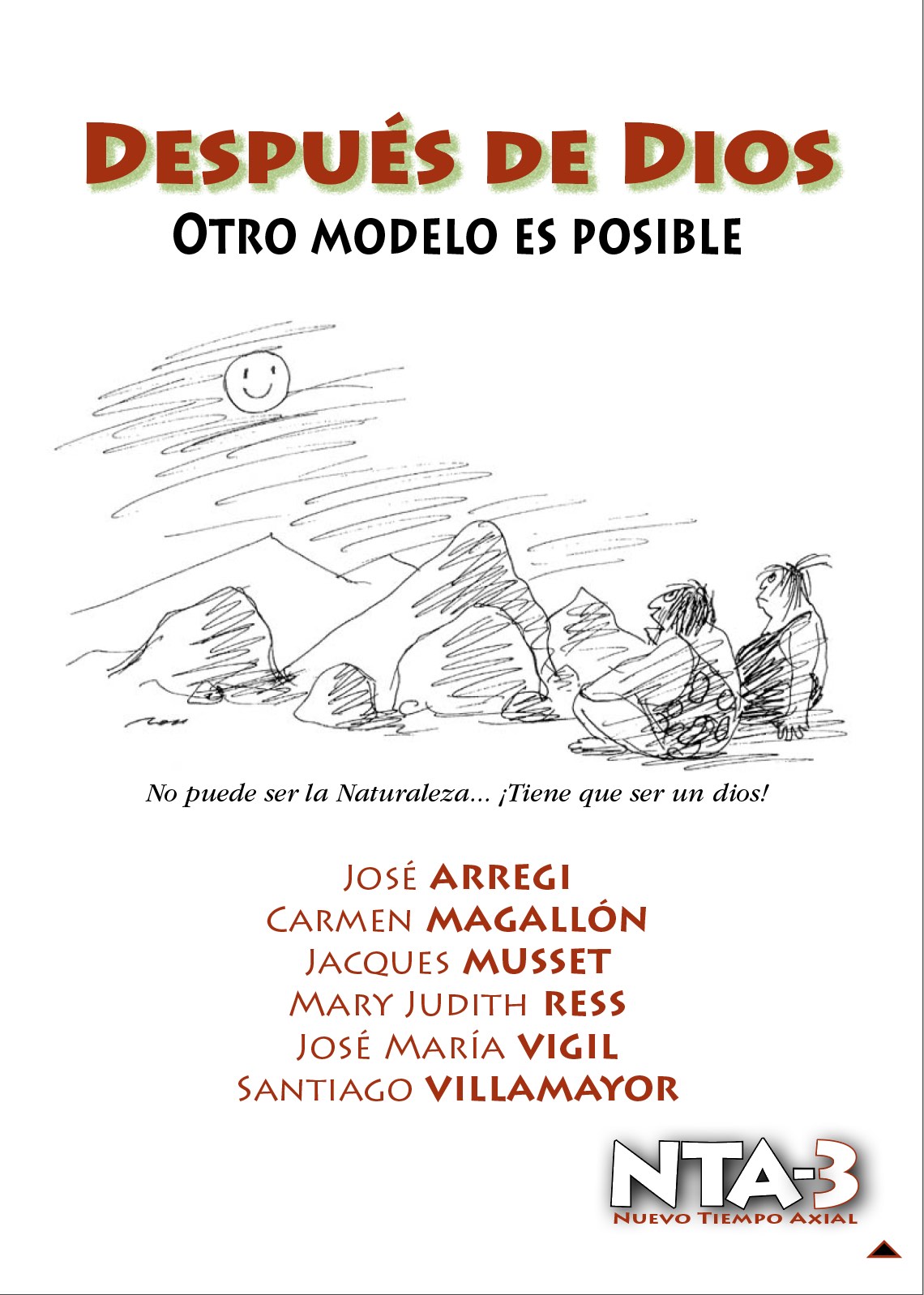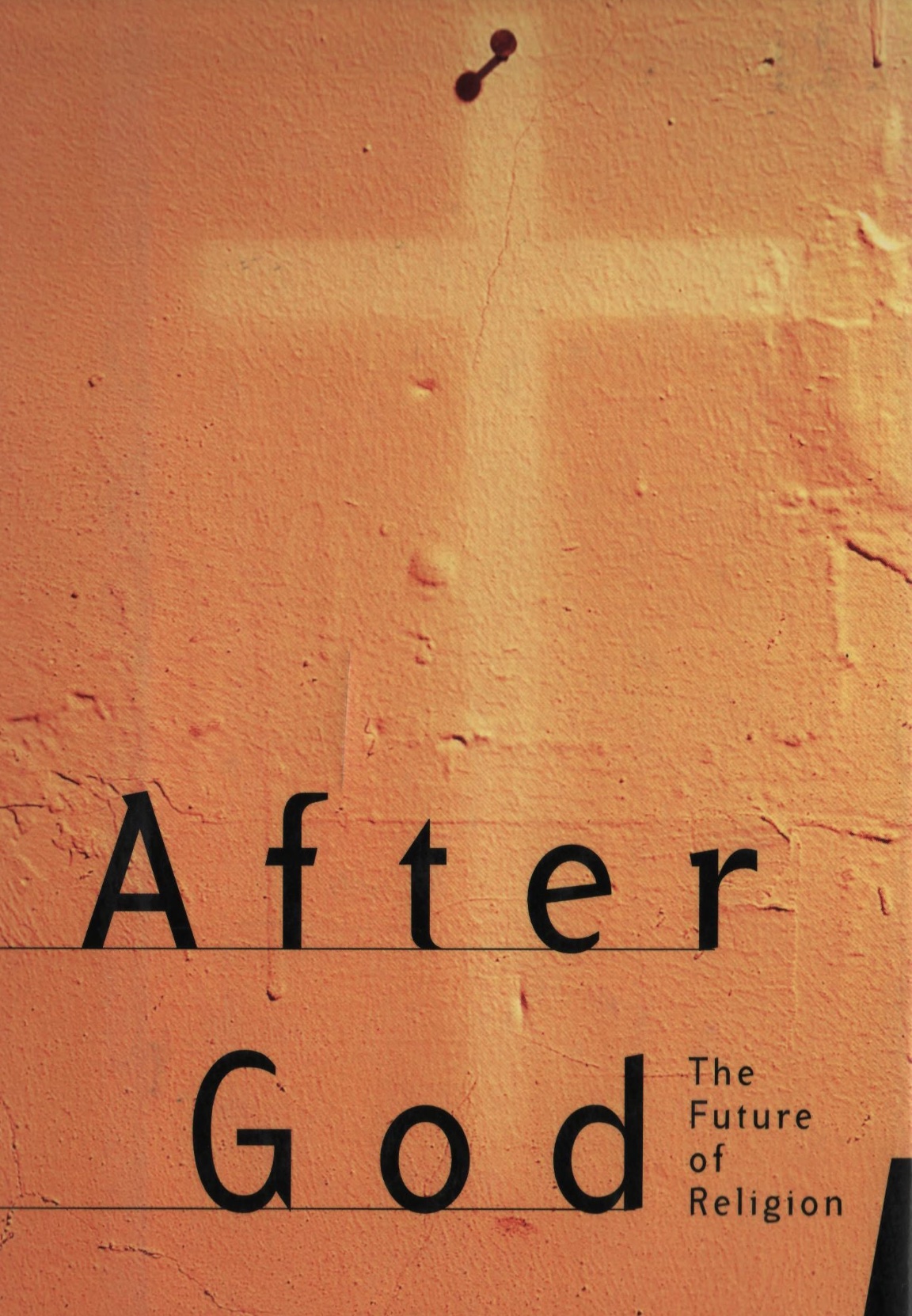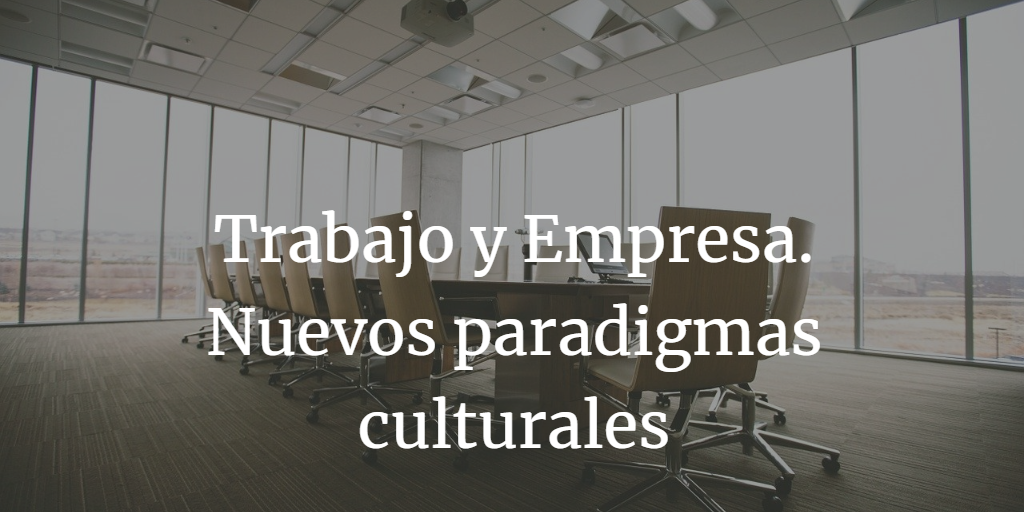Taller presencial en Vitoria Nuevos Paradigmas y Cristianismo [es+En]

English below; en inglés abajo.
En Vitoria, en una Jornada de estudio, vamos a dar una mirada detenida y organizada a los principales «nuevos paradigmas» culturales, a partir de sus desafíos. Haremos un abordaje epistemológico, sobre la categoría de «paradigma» de Thomas Kuhn, interpretándola como constelación de axiomas y postulados. Compartimos aquí nuestro anticipo de reflexión, con los amigos/as lectores de «Fuera de la Caja». Es sólo un guión de ideas, quizá provocativo, para suscitar el debate.
El paradigma moderno:
Llegada plena del espíritu de la Modernidad: mayoría de edad, fin de la minoridad y de la infancia de la Humanidad, «atrévete a pensar», «hacer uso público de la propia razón» (no creas, no te sometas, no renuncies a tu conciencia y a tu decisión… Kant). Explosión y desarrollo de la conciencia de los derechos humanos.
Conflicto con los elementos claramente premodernos, y hasta medievales, de las religiones, en quiebra y retroceso social permanente.
La revolución científica y la Ilustración fueron abriendo paso a una visión del mundo unificada, unitaria, «sin dos pisos», sin dualismos (cielo tierra, cuerpo alma, materia espíritu, este mundo y el otro mundo…) pensando y viviendo la realidad en “dos pisos”…
Se dice que hemos llegado a una época post-metafísica... En este contexto, ¿es posible en una religión metafísica, ontológica, sustancialista, con seres y perspectivas sobrenaturales, con los clásicos modelos aristotélico y platónico?
Históricamente las religiones no han podido echar mano sino de una moral externa, venida de fuera, heterónoma, impuesta, sometida a verdades supuestamente reveladas de las que nadie puede dar razón, inaceptable por la sumisión ciega que implica.

Paradigma posmoderno
Se dice que se ha acabado el pensamiento histórico-utópico liberador... ¿Es posible la teología o espiritualidad de la liberación en el contexto histórico post-moderno y post-utópico? ¿Da la teología de la liberación señales de ser capaz de evolucionar y adaptarse al mundo cultural actual 50 años después?
¿Pueden las religiones sobrevivir, sin transformar radicalmente sus pretensiones, en el contexto actual del pensamiento débil, la incertidumbre, el fin del dogmatismo…? ¿Puede aceptar la religión el fin de los grandes relatos, de las grandes certezas, de las verdades eternas…? Y sin esa aceptación, que todavía está por darse, ¿podrá hoy ser aceptada la religión?
Paradigma pluralista
¿Y si el cristianismo no fuera «la» única religión verdadera? ¿O si no fuera tampoco la religión matriz, fontal, incluyente de todas las demás? ¿Si fuera -como todas- «una» respuesta humana al Misterio?
¿Existiría entonces el pueblo elegido, el pueblo escogido, un pueblo mesiánico con la misión de salvar al mundo, de evangelizar, de reunir a todos los humanos en un solo rebaño bajo un solo pastor? ¿Se puede hablar con rigor, sin chauvinismo, de «Pueblo de Dios», enmarcados en un horizonte eclesiástico?
La teología oficial es todavía inclusivista (Dominus Iesus), aunque miremos hacia otra parte. Hacia una relectura pluralista del cristianismo.
La nueva cultura es decidida y convencidamente pluralista: ¿qué implicaciones tiene su aceptación para la cristología, la concepción de la revelación, de la verdad...? ¿Y cuál es la misión en un mundo donde «todas las religiones son verdaderas»?
El paradigma post-religional
La antropología cultural y la arqueología creen saber que las religiones (no la religiosidad ni la espiritualidad) son una formación histórica neolítica, que está metamorfoseándose con el agotamiento de la edad agraria misma.
¿Y si las religiones no fueran para siempre, como hemos pensado tradicionalmente? ¿Podemos integrar el fin de la religión dentro del cristianismo? ¿Es posible un cristianismo “pos-religional”?
¿Qué quieren decir tantos estudios y encuestas sociológicas que afirman que el cristianismo está agotado? ¿Es una boutade que podemos ignorar, o deberíamos tomar en serio la posibilidad de caminar hacia una teología post-religional?
¿No habrá que pensar algo distinto cuando no se trata de buscar una oveja perdida, sino a las 99, que se fueron hace tiempo? ¿Qué da que pensar los frecuentes actuales estudios sociológicos que ponen fecha al fin del catolicismo…?

El paradigma pos-teísta
La polémica clásica entre la fe y el ateísmo está ya superada, no da más de sí. Cristianismo y ateísmo hoy se reconcilian… en el posteísmo. La discusión sobre la existencia de Dios se ha evaporado: hoy son ya muchos los cristianos pos-teístas. Ni lo son todos los que están, ni están todos los que son, pero en Europa son más los que están fuera que los de dentro.
Si descubrimos que «theos» es (implica, incluye) un modelo de comprensión de la realidad que hoy resulta inadecuado y hasta crecientemente obsoleto para la cosmovisión científica que marca la sociedad actual, ¿qué problema hay en prescindir de lo obsoleto y expresarnos en el posteísmo responsable, que no tira la niña, sino sólo el agua sucia?
¿Debemos caminar hacia un lenguaje cristiano posteísta, para no ser confundidos con humanos medievales?
Si en la sociedad del conocimiento en la que estamos entrando no son ya posibles las «creencias», están en lo cierto los cristianos que abandonan las creencias. El cristianismo no es asunto de creer.
El paradigma ecofeminista
«Si un error sobre el mundo redunda en un error sobre Dios» (Contra Gentiles II, 3, 6)... ¿cómo pensar a Dios cuando descubrimos los muchos errores de la vieja concepción del mundo en la que fue elaborada la vieja imagen de Dios...?
¿Y si la nueva cosmología nos invita a entender de otra manera la tradicional transcendencia de Dios? ¿Y si en vez de un pecado original, lo que está en el origen es una bendición original?
Y si la perspectiva de género nos descubre que el sesgo patriarcal machista de los últimos diez mil años embebe también nuestras fuentes míticas fundacionales, y las estructuras mentales y de poder de las religiones, ¿cómo releerlo todo desde una perspectiva de género re-equilibrada?
Si hoy están ya meridianamente claras las connotaciones anti-naturales, dualistas, espiritualistas, patriarcales, anti-femeninas, antropocéntricas de los mitos bíblicos, ¿a qué correcciones prácticas debe conducirnos esa nueva conciencia?
El paradigma epistemológico
«El mayor descubrimiento del siglo XX ha sido el de los límites del conocimiento»... Si la incertidumbre es el gran descubrimiento del conocimiento actual, ¿qué digestión debe hacer nuestro cristianismo, como religión de verdades, de verdades eternas, de revelaciones, de dogmas, de libros prohibidos, y de verdades irreformables?
¿Podrán las religiones asumir el espíritu modesto de las ciencias, siendo capaces de asumir con humildad las evidencias contrarias de la ciencia, «dando razón» de sus creencias y desnudándose de todo absolutismo dogmático?
¿Serán capaces las religiones de asumir que la Humanidad ya no las necesita para descubrir la verdad, y que el servicio de la religión es otro, no el de creer que lo «sabe» todo mejor que nadie? ¿Pasarán a ser «religiones sin verdades»?
Con el desarrollo actual de la Modernidad, la Humanidad abandona la epistemología mítica, fundada sobre aquel invento ancestral que nos hizo viables: los mitos fundacionales, sapienciales, vehiculadores de valores, conciencia de identidad, de moralidad, de sacralidad… ¿Podrán las religiones aceptar este salto irreversible, y reconstruir su pensamiento desde bases no míticas? Toda la teología filosófica construida sobre bases míticas (incluidas las bíblicas) queda deslegitimada en la sociedad culta actual.

In English:
In Vitoria, in a Study Day, we will take a detailed and organized look at the main cultural "new paradigms", starting from their challenges. We will make an epistemological approach to Thomas Kuhn's category of "paradigm", interpreting it as a constellation of axioms and postulates. We share here our advance reflection with our friends and readers of "Out of the Box". It is only a script of ideas, perhaps provocative, to provoke debate.
The modern paradigm
Full arrival of the spirit of Modernity: coming of age, end of Humanity's minority and infancy, "dare to think", "make public use of one's reason" (do not believe, do not submit, do not renounce your conscience and your decision... Kant). Explosion and development of the consciousness of human rights.
Conflict with the clearly pre-modern, and even medieval, elements of religions, in bankruptcy and permanent social regression.
The scientific revolution and the Enlightenment opened the way to a unified, unitary vision of the world, "without two floors", without dualisms (heaven earth, body soul, matter spirit, this world and the other world...), thinking and living reality in "two floors"....
It is said that we have reached a post-metaphysical era.... In this context, is it possible in a metaphysical, ontological, substantialist religion, with supernatural beings and perspectives, with the classical Aristotelian and Platonic models?
Historically, religions have only been able to rely on an external, heteronomous, imposed morality, subjected to supposedly revealed truths for which no one can give a reason, unacceptable because of the blind submission it implies.
Postmodern Paradigm
It is said that liberating historical-utopian thought has come to an end? Is liberation theology or spirituality possible in the post-modern and post-utopian historical context? Does liberation theology give signs of being able to evolve and adapt to the current cultural world 50 years later?
Can religions survive, without radically transforming their pretensions, in the current context of weak thinking, uncertainty, the end of dogmatism...? Can religion accept the end of the great narratives, of the great certainties, of eternal truths...? And without this acceptance, which is still to come, can religion be accepted today?
Pluralistic Paradigm
What if Christianity were not "the" only true religion, or if it were not the matrix religion, fontal, inclusive of all the others? What if it were - like all of them - "a" human response to the Mystery?
Would there then exist the chosen people, the chosen people, a messianic people with the mission to save the world, to evangelize, to gather all humans into a single flock under a single shepherd? Is it possible to speak rigorously, without chauvinism, of "People of God", framed in an ecclesiastical horizon?
Official theology is still inclusivist (Dominus Iesus), even if we look elsewhere. Towards a pluralistic rereading of Christianity.
The new culture is decidedly and convincingly pluralist: what implications does its acceptance have for Christology, the conception of revelation, of truth... And what is the mission in a world where "all religions are true"?
The post-religious paradigm
Cultural anthropology and archaeology believe they know that religions (not religiosity or spirituality) are a neolithic historical formation, which is metamorphosing with the exhaustion of the agrarian age itself.
What if religions were not forever, as we have traditionally thought? Can we integrate the end of religion within Christianity? Is a "post-religious" Christianity possible?
What do so many sociological studies and surveys that affirm that Christianity is exhausted mean? Is it a boutade that we can ignore, or should we take seriously the possibility of moving towards a post-religious theology?
Shouldn't we think differently when it is not a question of looking for a lost sheep, but for the 99, which have been gone for a long time? What does the current frequent sociological studies that date the end of Catholicism... give us to think about?

The post-theistic paradigm
The classical polemic between faith and atheism is already outdated, it is no longer valid. Christianity and atheism today are reconciled... in post-theism. The discussion on the existence of God has evaporated: today there are many post-theistic Christians. Not all of them are, and not all of them are, but in Europe there are more those who are outside than those inside.
If we discover that "theos" is (implies, includes) a model of understanding reality that today is inadequate and even increasingly obsolete for the scientific worldview that marks today's society, what problem is there in dispensing with the obsolete and expressing ourselves in responsible posttheism, which does not throw away the girl, but only the dirty water?
Should we move towards a Christian post-theistic language, so as not to be confused with medieval humans?
If in the knowledge society we are entering, "beliefs" are no longer possible, Christians who abandon beliefs are right. Christianity is not a matter of belief.
The ecofeminist paradigm
"If an error about the world results in an error about God" (Against Gentiles II, 3, 6).... how to think God when we discover the many errors of the old conception of the world in which the old image of God was elaborated...?
What if the new cosmology invites us to understand in another way the traditional transcendence of God? What if instead of an original sin, what is at the origin is an original blessing?
And if the gender perspective reveals to us that the patriarchal macho bias of the last ten thousand years also permeates our foundational mythical sources, and the mental and power structures of religions, how can we reread everything from a rebalanced gender perspective?
If today the anti-natural, dualistic, spiritualistic, patriarchal, anti-feminine, anthropocentric connotations of the biblical myths are already clearly evident, to what practical corrections should this new awareness lead us?

The epistemological paradigm
"The greatest discovery of the 20th century has been that of the limits of knowledge".... If uncertainty is the great discovery of current knowledge, how should our Christianity, as a religion of truths, of eternal truths, of revelations, of dogmas, of forbidden books, and of irreformable truths, be digested?
Will religions be able to assume the modest spirit of the sciences, being capable of humbly accepting the contrary evidences of science, "giving reason" for their beliefs and stripping themselves of all dogmatic absolutism?
Will religions be capable of assuming that Humanity no longer needs them to discover the truth, and that the service of religion is another, not that of believing that it "knows" everything better than anyone else? Will they become "religions without truths"?
With the current development of Modernity, Humanity abandons the mythical epistemology, founded on that ancestral invention that made us viable: the foundational, sapiential myths, vehicles of values, consciousness of identity, of morality, of sacredness... Will religions be able to accept this irreversible leap, and rebuild their thought from non-mythical bases? All philosophical theology built on mythical bases (including biblical ones) is delegitimized in today's cultured society.
Contact: blog@servicioskoinonia.org
Link to all blog posts at once: tinyurl.com/Vigil-BlogRD